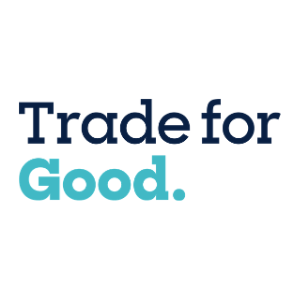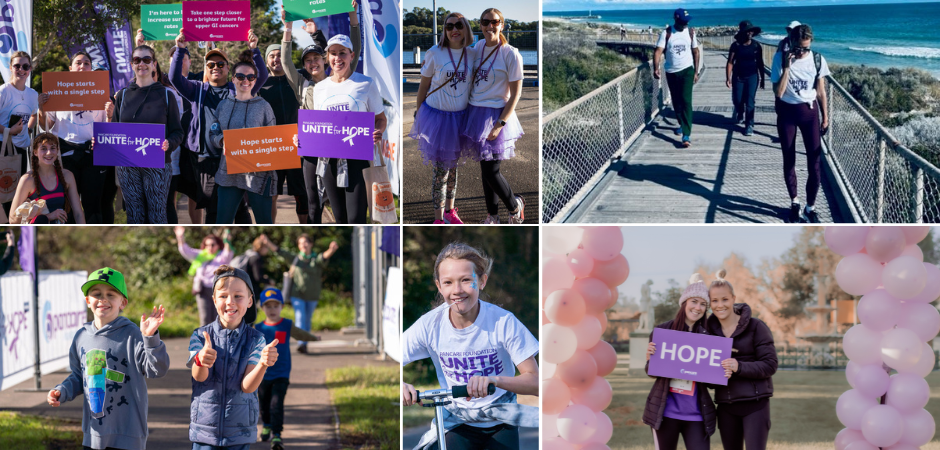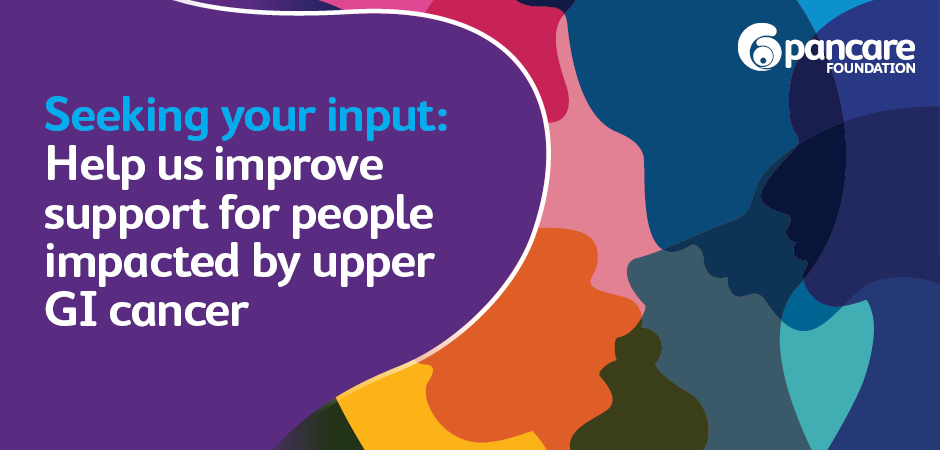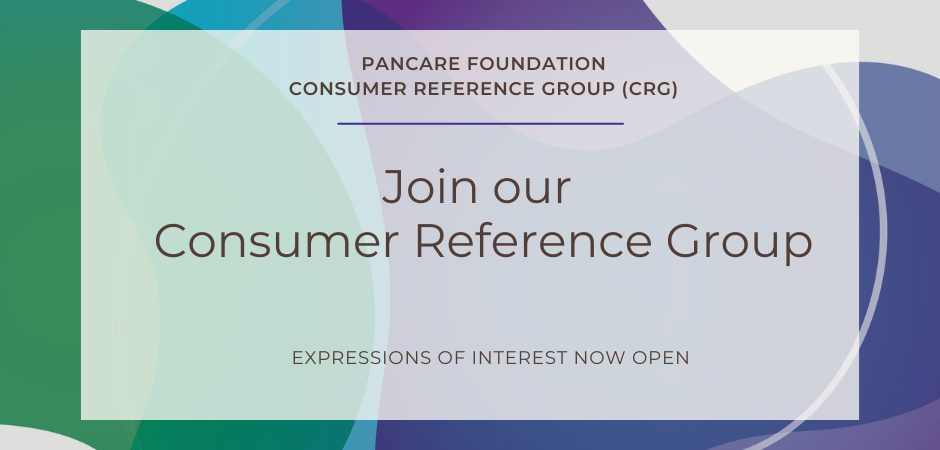
Adding Value to scans with Pancare funded PURPLE Translational Registry Radiomics module
The PURPLE Translational Registry (Pancreatic cancer: Understanding Routine Practice and Lifting End results), led by Dr Belinda Lee at the Walter and Eliza Hall Institute, is a unique and powerful pancreatic cancer data registry because it captures the end-to-end patient experience from the time of their enrollment (which is at any point in their diagnosis). The registry collects enormous amounts of existing de-identified data, collected from patients from across different hospital settings into a data-sharing platform that enables the data to be studied and examined to gain further insights into pancreatic cancer treatment. Such insights include into the different ways patients are evaluated with scans and tests, treatments administered and the outcomes. This is powerful as it can provide evidence for new early detection tests and lead to improvements in best practise, for best outcomes for patients across all settings.
Pancare Foundation is funding the Radiomics Module of the PURPLE Registry, which is establishing a new way of evaluating the standard CT scans for pancreatic cancer. Despite setbacks of numerous lockdowns, which effected the physical retrieval of data from hospital and research sites, the results already show huge potential outcome. An abstract of the preliminary results has been accepted for an oral presentation at RSNA in November 2021. This progress is amazing considering there’s only 6 months’ worth of data so far. Essentially, the project is about “getting more information from tests that are already being done,” and the project as a whole has the potential to change the way pancreatic cancers are screened and staged around the world.
This current work is the first study in pancreatic cancer in Australia to demonstrate the value of this novel bioinformatic technology.
Funding support from Pancare will continue to expand and integrate this cutting-edge technology into the PURPLE Translational registry platform’s data capture abilities. This new radiomic application provides in-depth insights into the pancreas cancer and the surrounding environment based on routinely performed CT images. This smart application generates data that would not otherwise be accessible. Using this radiomic technology, we aim to develop non-invasive clinical decision support tools that complement patient treatment.
Learn more:
> Learn more about our patient and carer support groups.
Read more . . .






